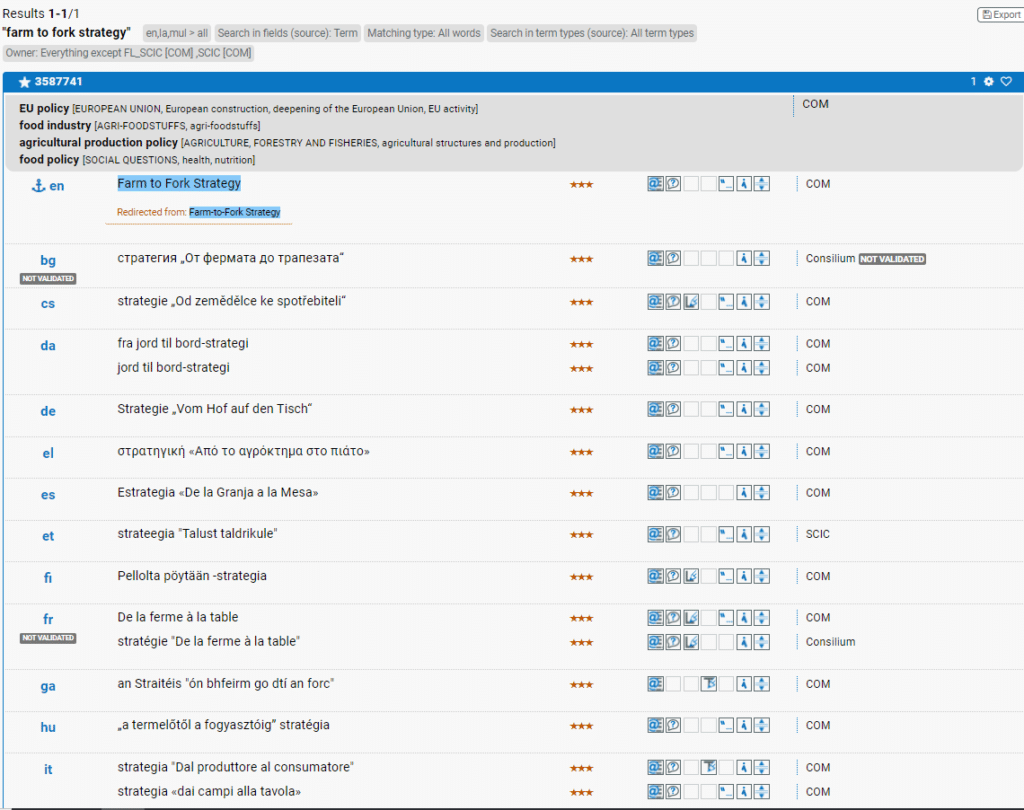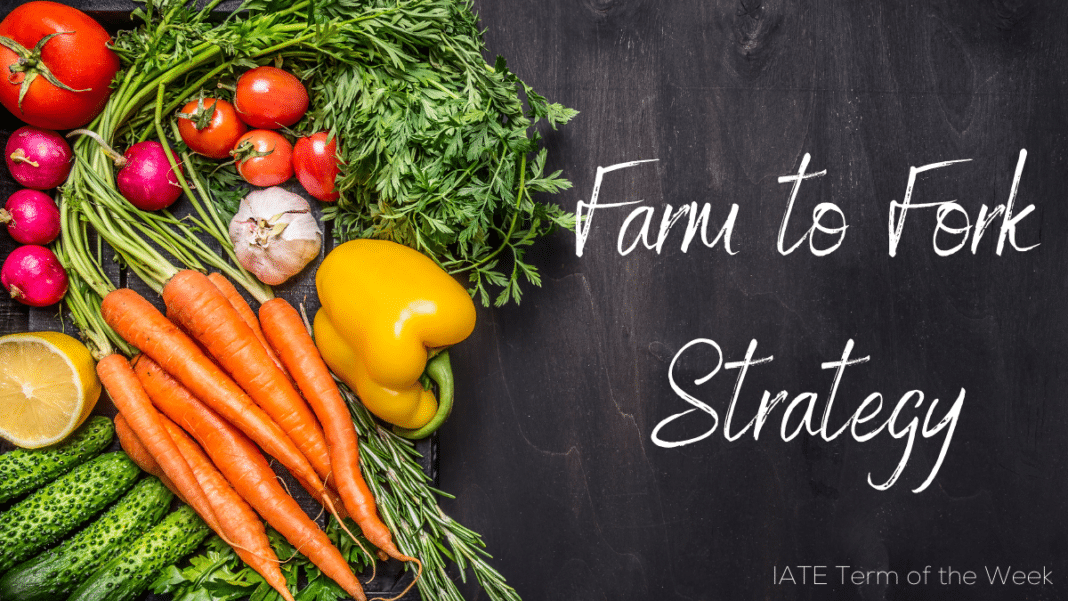COVID-19 pandemic is one of the crucial factors that negatively affect food systems worldwide. Logistical disruptions of supply chains, labour shortages and loss of markets threaten the smooth functioning of food systems. Moreover, frequent ecological catastrophes such as floods, forest fires, droughts and pests contribute to lessening the stability of these systems.
A sustainable food system as a solution
There is a direct connection between healthy nations, a healthy European society and the health of our planet. What we consume influences our health, and how our food is manufactured, processed, retailed, packaged and transported can constitute a threat to biodiversity by causing air, water and soil pollution. Food systems consume many natural resources and irreversibly change our environment. Despite the success in reducing greenhouse emissions by 20% since 1990, food systems remain one of the reasons for climate change.
A sustainable food system is a way to recover from the current ecological crisis. The objective of a Farm to Fork Strategy is to restore balance in food systems by making them fair, healthy and environmentally friendly. The strategy lies at the heart of the European Green deal aimed at making Europe climate-neutral by 2050.
Ensuring sustainable food production means that all actors participating in the food chain must transform their food production into nature-based. We need to turn to organic farming, reduce the usage of pesticides and antimicrobials, control excess fertilisation, and get our biodiversity back!

The EU aims at constructing a food chain that would be sustainable for consumers, producers, the climate and our environment. A transition to a sustainable system would ensure environmental, health and social benefits, such as:
- preservation of biodiversity
- limiting the effects of climate change
- ensuring that everyone has access to safe and nutritious food
- making food affordable for everyone
- overall positive impact on the environment
How your diet influences the environment
The transition to sustainability is also impossible without adjustments in people’s nutrition plans. Unfortunately, the current food consumption in the UE is far from being sustainable: people eat large quantities of sugars, salt, fats and red meat, while consuming healthy food such as fruit and vegetables, whole-grain cereals and nuts is still not very much widespread. Such a nutrition plan leads to high obesity rates and increases risks of diseases. Moreover, animal source foods have a negative impact on the environment, compared to plant-based foods, and reducing meat consumption can significantly reduce greenhouse gas emissions.
How EU tackles food waste
One of the key actions to reach food sustainability is to reduce food loss and waste. Food waste is often caused by misinterpreting date marking (‘use by’ and ‘best before’ dates). By the end of 2022, the Commission will revise EU rules on date marking to prevent food waste on the consumers’ level. Moreover, food losses will be investigated at the production stage, as well.
The transition to sustainable food systems must be tackled at all levels, including governments, the private sector, non-governmental organisations and citizens. The collective approach to the transformation of food systems will reduce the environmental footprint of humanity.
If you are interested in other ways to reach a socially and environmentally sustainable future, check out our article on Smart Villages strategy.
References
European Commission. 2021. Farm to Fork Strategy. [ONLINE] Available at: https://ec.europa.eu/food/horizontal-topics/farm-fork-strategy_en. [Accessed 23 July 2021].
European Commission. 2021. A Farm to Fork Strategy for a fair, healthy and environmentally-friendly food system. [ONLINE] Available at: https://eur-lex.europa.eu/resource.html?uri=cellar:ea0f9f73-9ab2-11ea-9d2d-01aa75ed71a1.0001.02/DOC_1&format=PDF. [Accessed 23 July 2021].
World Health Organisation. 2021. Sustainable healthy diets: guiding principles. [ONLINE] Available at: https://www.who.int/publications/i/item/9789241516648. [Accessed 23 July 2021].
European Commission. 2021. Date marking and food waste. [ONLINE] Available at: https://ec.europa.eu/food/safety/food-waste/eu-actions-against-food-waste/date-marking-and-food-waste_en. [Accessed 23 July 2021].

Written by Olena Khomiakova, Schuman Communication Trainee Terminology Coordination Unit. Currently she is enrolled as a Master student in Learning and Communications in Multilingual and Multicultural Contexts at the University of Luxembourg.

